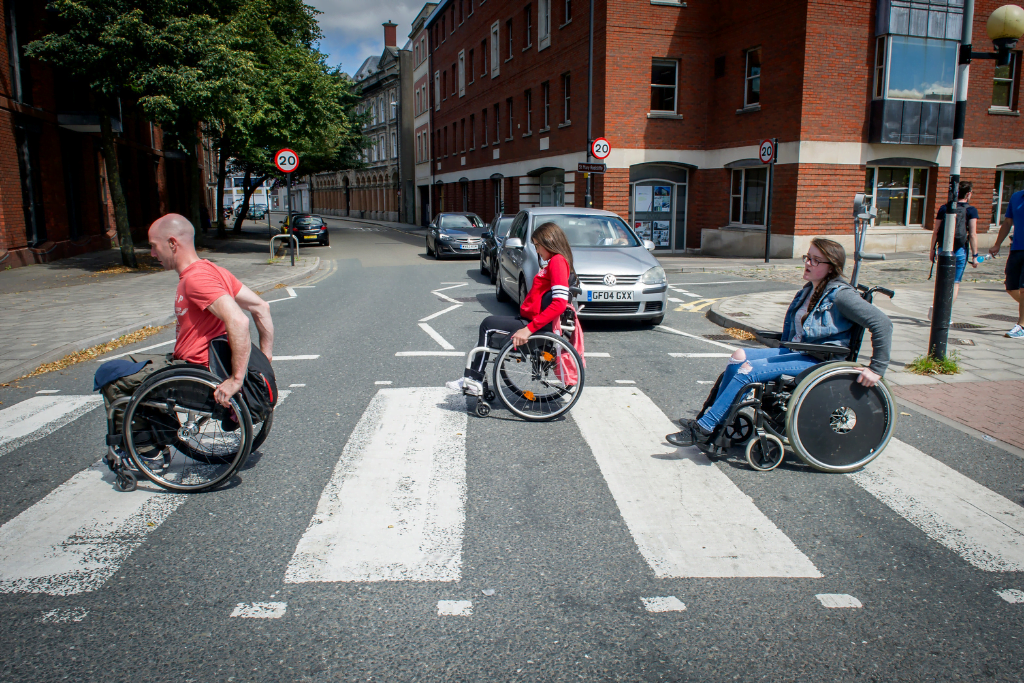Your transport rights in education
Transport can make or break students’ participation in different activities. It can open up a wider range of activities and events that provide a truly welcoming and equal experience for all children and young people. On the other hand, a lack of accessible or flexible transport options can limit and exclude students from taking full part in social and educational activities. As such, accessible transport is at the heart of inclusion.
Good provision of transport can be challenging to provide but very important for children and young people’s feelings of participation. For many children and young people, transport options are inaccessible, inflexible and prevent them from taking part in after-school or out-of-school experiences.

When schools aren’t able to provide suitable transport, it often falls to the parents or family members to support children and young people to participate in school-related activities.
“[For many disabled students], access to appropriate transport is not ideal at the moment. Children are dependent on their parents’ commitment to collect them if they wish to stay longer at school. If children are picked up by their parents, then they can stay on an hour. But if not, then they don’t have an option.”
George Timotheou, Sports Development Manager, Aspire
Home to school travel and transport for statutory guidance
Department for Education 2014
IPSEA – Independent Provider of Special Educational Advice explains on their website:
“Local authorities (“LAs”) are required to arrange free, suitable, home to school transport for children of compulsory school age who are ‘eligible’, to their nearest suitable qualifying school”
Section 508B of the Education Act (“EA”) 1996.
Eligible children fall within four categories, set out in Schedule 35 EA 1996:
- Children with SEN, a disability or a mobility difficulty
- Children whose route to school is unsafe
- Children who live beyond the statutory walking distance
- Children from low income families
Here is the government link to apply to your specific Local Authority.
Independent travel training
Schools can also support children or young people to become more independent travellers. This may be especially relevant for young people who would prefer to travel home with their friends instead of in an adapted taxi on their own. Many councils provide independent travel training programmes, so look at the local authority web site to see if it is available in your area.
“London transport is a big pain but Back Up has given Ben the confidence to travel and use transport. There are quite a lot of barriers that can be overcome if you have the right training from the right trainers. The Back Up course Ben went on gave him the confidence to use escalators in his chair. That course had an impact on his every life, having the independence and confidence really does change lives.”
Janet, mum of son 17
Resources and further information:
Home to school travel and transport guidance: Statutory Guidance for Local Authorities
Wirral Independent Travel Training is one-to-one travel support for young people with special educational needs or disabilities (SEND) to teach you the skills, knowledge and confidence to use public transport on your own
Contact
If you’d like learn more about how we can support children and young people with a spinal cord injury, register your interest here and the team will get back to you shortly or give them a call on 020 8875 1805.

